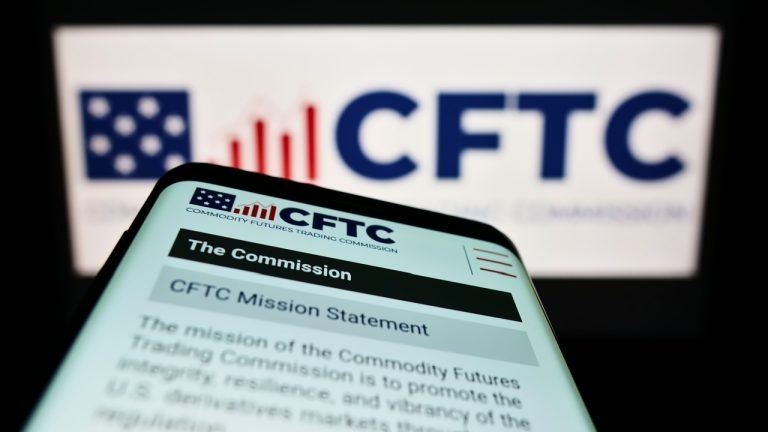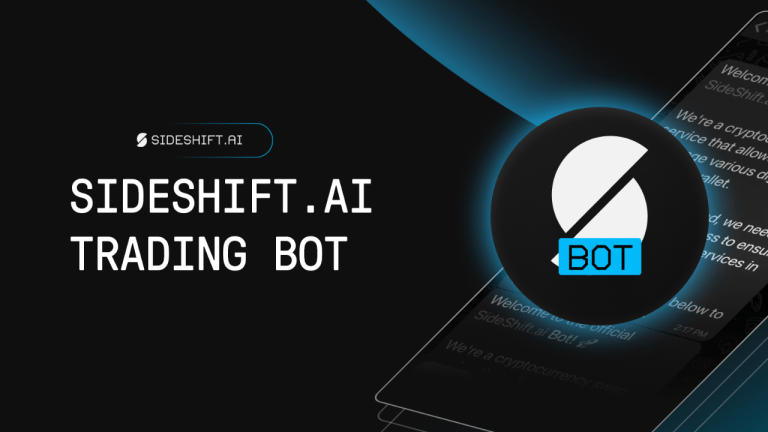Google gives memory superpowers to Gemini for more natural chats
You will no longer have to look up past chats with Google’s chatbot. Thanks to the memory feature, it can now recall details from previous conversations.

 Joe Maring / Digital Trends
Joe Maring / Digital Trends
Google is finally bringing a crucial new feature to Gemini that will solve a key pain point of interacting with its AI chatbot. The company is enabling a memory feature which allows Gemini to pull up details from a past conversation.
“Whether you’re asking a question about something you’ve already discussed, or asking Gemini to summarize a previous conversation, Gemini now uses information from relevant chats to craft a response,” says a Google update.
So far, if users wanted to reference any detail from a conversation they had with Gemini in the past, they had to pull up their chat history. Once users found the conversation, they could shoot any further queries for the chatbot to handle in that particular context.
Of course, the process is cumbersome, especially if you are trying to recall details from a chat you had long ago. But the worst part is that there is no search function in the Gemini chat history.
Referencing old chats is the trick
Unlike the way you look up for forgotten tabs in a browser history, Gemini would have users scrolling unless they found the conversation they were looking for and pick up from there.
This can be a nuisance, if your chats are separated across different Gemini models. Moreover, for people who use Gemini for more intimate purposes, such as seeking emotional support or any form of help, lack of memory can quickly degrade the experience.
A robust memory is one of the most highly requested features in online communities where people discuss how they use chatbots for objectives like virtual companionship. Apps like Nomi are the best example where chatbots with a memory system are highly sought-after.
For easier access, however, Google has offered the option to pin important chats. The latest Gemini tweak is a step in the right direction, but do keep in mind that you must have Gemini App Activity enabled for the memory feature to work.
The new memory feature in Gemini currently supports only English language and available for users with a Google One AI Premium subscription. It will be available across Gemini’s web and mobile platforms.
Subscribers can also access the new Gemini 2.0 series experimental models that Google released a few days ago. The company says support for more languages will arrive soon, and it will also be extended to Enterprise and Workspace Business customers in the coming weeks.
Nadeem is a tech journalist who started reading about cool smartphone tech out of curiosity and soon started writing…
Sundar Pichai says even more AI is coming to Google Search in 2025
Google will continue to go all in on AI in 2025, CEO Sundar Pichai announced during the company's Q4 earnings call Wednesday. Alphabet shares have since dropped more than 7% on news that the company giant fell short of fourth-quarter revenue expectations and announced an ambitious spending plan for its AI development.
"As AI continues to expand the universe of queries that people can ask, 2025 is going to be one of the biggest years for search innovation yet,” he said during the call. Pichai added that Search is on a “journey” from simply presenting a list of links to offering a more Assistant-like experience. Whether users actually want that, remains to be seen.
Everything you need to know about OpenAI’s browser-based agent, Operator
OpenAI has finally entered the agentic AI race with the release of its Operator AI in January. The agentic system is designed to work autonomously on its user's behalf and is primed to compete against already established industry rivals like Claude's Computer Use API and Microsoft's Copilot agents -- at least, once it sheds its "research preview" status. Here's everything you need to know about OpenAI's new agent and when you might be able to try it for yourself.
What is Operator?
OpenAI's Operator is an agent AI, meaning that it is designed to take autonomous action based on the information available to it. But unlike conventional programs, AI agents are able to review changing conditions in real-time and react accordingly, rather than simply execute predetermined commands. As such, AI agents are able to perform a variety of complex, multi-step tasks ranging from transcribing, summarizing and generating action items from a business meeting to booking the flight, hotel accommodations, and rental car for an upcoming vacation based on your family's various schedules to autonomously researching topics and assembling multi-page studies on those subjects.
Operator works slightly differently than other agents currently available. While Claude's Computer Use is an API and Microsoft's AI agents work within the Copilot chat UI itself, Operator is designed to, well, operate, within a dedicated web browser window that runs on OpenAI's servers and executes its tasks remotely. Your local web browser has nothing to do with the process and can be used normally even when Operator is running.
Google has some ‘good ideas’ for putting ads in Gemini
Google is exploring adding ads to Gemini AI. CEO Sundar Pichai floated the idea in an earnings call but did not mention a specific date, according to The Verge. He also noted that the company has "very good ideas" about how it could appear in the future.
This year's focus remains on enhancing user experience features and broadening subscription offerings. Pichai noted that advertising has been essential in scaling other Google services, such as YouTube, possibly hinting that ads will eventually come to Gemini. However, Pichai did not mention how Google plans to integrate ads into Gemini when they appear in the AI. He also said they are committed to making the products work and delivering them to a vast audience.

 FrankLin
FrankLin 



































